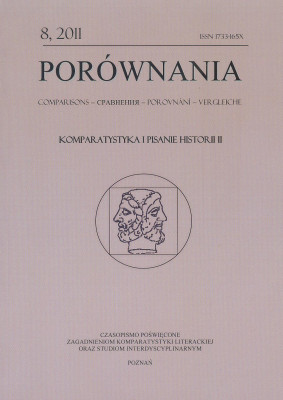The Holocaust Portrayed In The Novel Life and Fate by Vasily Grossman
The subject of this paper is Vasily Grossman’s novel titled Life and Fate, a novel not normally considered to be representative of the literature of the Holocaust. It is a book that came out of personal experience as a wartime reporter. It shows the drama of the Shoah during the war as part of the great History, which was ruled by ideology, Nazi politics, terror, and the increasing anti-Semitism among the Bolsheviks. At the same time, in the novel, the Annihilation remains a tragedy of certain persons, and is seen in terms of an individual human existence, which can never be brought to the level of the impersonal and mass phenomenon. The individualistic perspective makes history appear more humane, while at the same time questioning its general structure and narration. This paper depicts a few elements that form the Jewish aspect of the novel. The wider context of Grossman’s biography such as his life and the story of how Life and Fate was written and published is very important. It is evident that Vasily Grossman took very important steps with regard to the problem of the representation of the Annihilation: on the one hand, he turned to literary conventions and used its epic proportions, multi-layered, panoramic perspective together with the concept of realism and the vehicular function of the word. On the other hand, he went beyond the aesthetic boundaries of a literary text by introducing lyrical descriptions and autobiographical elements as well as by underlining the ethical character of the entire work; it is not only a form of remembering the victims of the Annihilation, but also the victims of all of the 20th Century’s totalitarian systems.
ISSN: 1733-165X
| Article Title | Type | Size |
|---|---|---|
| Brzostowicz Klajn | [pdf] | [565 KB] |
